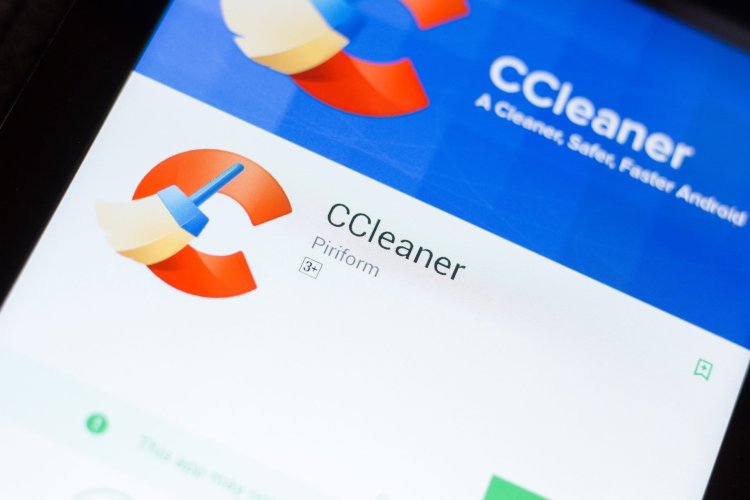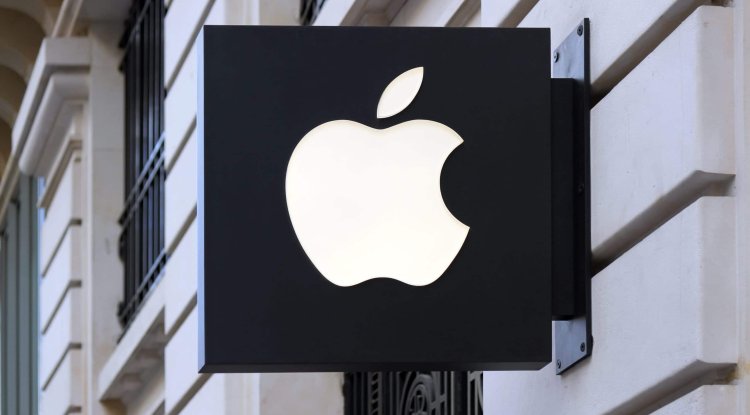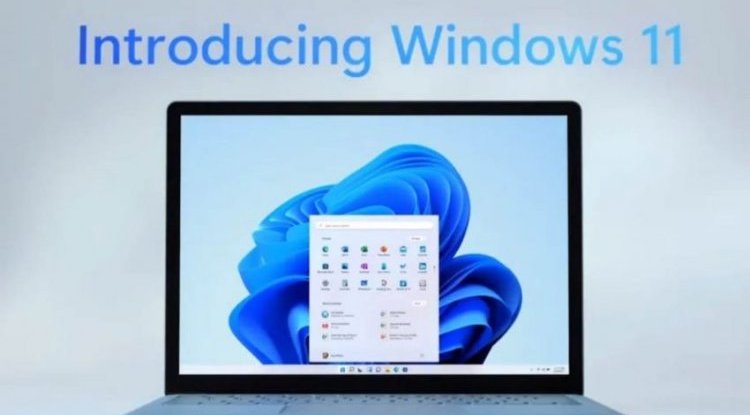CCleaner reappears with new version

CCleaner 6.0 is the latest version of this well-known "cleaner" for Windows PCs, which, to be honest, has seen better days. But it's still there, and if you're one of those people who regularly interferes with the system by installing and uninstalling software, neglects system maintenance, and so on, you might be interested in using it again. Or perhaps not.
Piriform software was one of the necessities for Windows at the time until numerous revisions forced it to fall out of favor. Specifically, historical advertising was included, counterfeit copies were accidentally delivered with backdoors, and the company was purchased by Avast, whose ownership remains…
Microsoft officially advises against using CCleaner due to the issues it produced with its deep cleans of the Windows registry, and the app was later blacklisted for all of the above.
However, at the beginning of the year, the application became part of the Microsoft Store catalog without hearing anything negative about it, and what less than to echo it, in case someone is interested, because it is a multipurpose tool that not only affects the, on the other hand, and this is entirely Microsoft's fault, disastrous Windows registry system.
CCleaner is simply a system cleaner, handy for restoring things to how it was before you installed those applications that you eventually uninstalled but left many remnants behind.
In fact, CCleaner is used to uninstall Windows applications in a more efficient manner than the system does; it cleans your registry, removes cached files and history (beware, this removes you from sites where you're logged in), sweeps privacy and security, and many other things that you can customize.
However, CCleaner is also useful for other tasks, such as automating the updating of hardware drivers, a task that is typically time-consuming and that this tool easily solves; as for CCleaner 6.0, its main novelty is a performance optimizer that basically analyzes processes, lists them according to the load they exert on the system and invites you to suspend them when you're not using them to save resources.
Regardless, CCleaner took a turn in recent years, both before and after its acquisition by Avast, and what was once a completely free utility ended up losing its most beneficial options exclusively for paying users, which is understandable if it is good and they want to monetize it. That is, it is preferable to brazenly spam you or worse. The disadvantage, of course, is that if you don't pay, it's essentially a useless piece of rubbish… sort of.
In other words, where CCleaner does not go, you can go and learn a little bit about system maintenance, which never hurts, because the application tells you what has to be repaired. And, while there are alternatives, this one, which is still one of the most well-known in its category, frequently takes the cat to the water.
Of course, you should install it from the Microsoft Store, which, while it does not update as rapidly, is always more dependable and speedier.




























